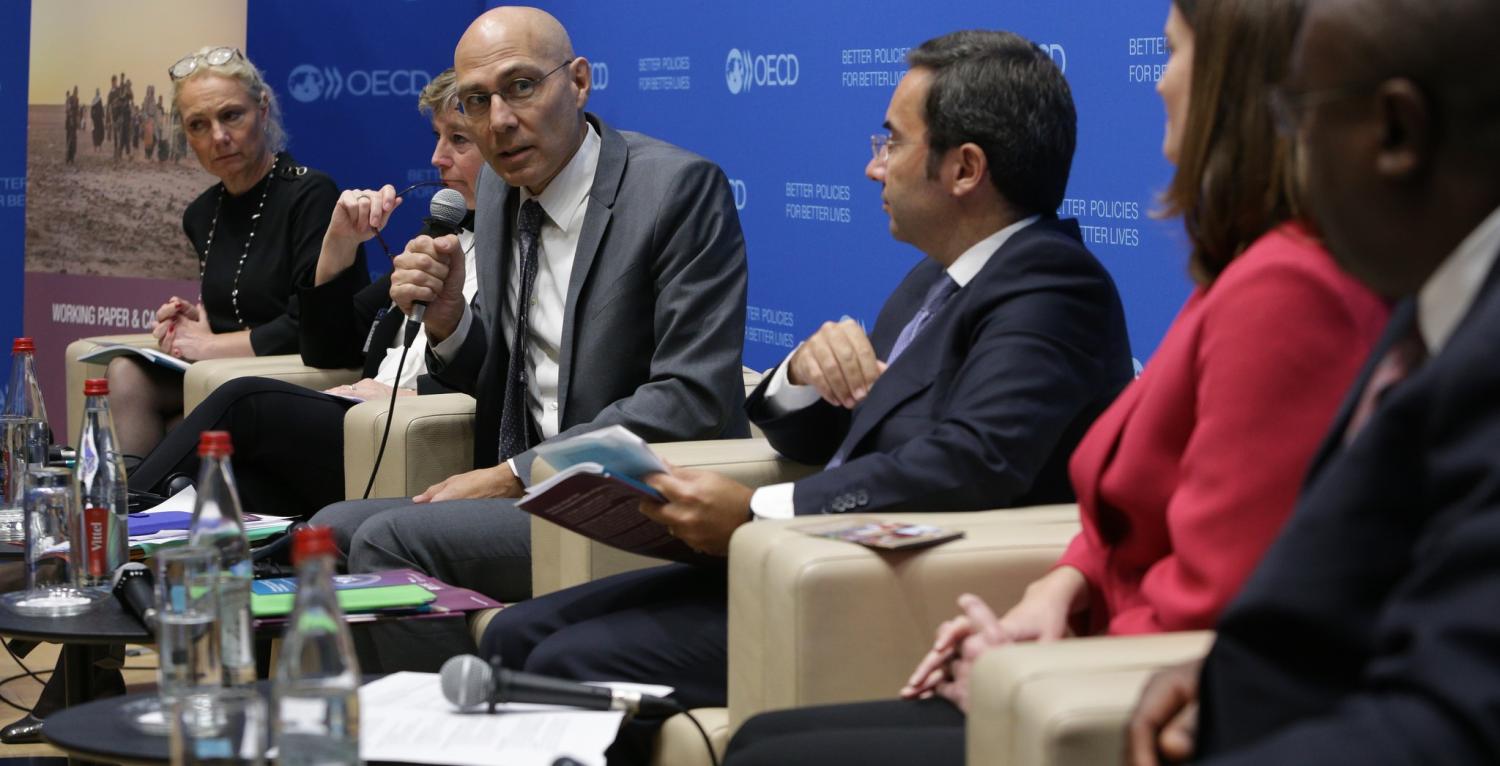- The OECD Development Assistance Council has refined its definition of ‘official development assistance’ – in other words, what international transfers can and cannot be deemed foreign aid. Refugee-related spending such as on detention centres, border security and returning failed asylum seekers are now completely excluded from the definition.
- The US government has yet to release a roadmap for reorganising USAid, with US congressional representatives demanding more clarity.
- The Red Cross has admitted that millions of dollars donated to fight Ebola in West Africa were misappropriated by its own staff. The organisation did not apologise, but has promised to assist in any prosecutions.
- The Washington Post’s Amanda Erickson argues that aid programs focusing on female empowerment fail to reach their goal, and sometimes make women worse off.
- At the 2017 Australian Council for International Development conference in Melbourne, Shadow Foreign Minister Penny Wong and aid workers argued for changes in how foreign assistance is decided and delivered. You can see more highlights of the ACFID conference here.
- In her recent paper, Judith Tyson explains how the revival of private-sector growth in Liberia helped stabilise the country and strengthened its comparative advantage.
- The Center for Global Development’s Paddy Carter explains the benefits, for development finance institutions, of using tax havens.
- At DevPolicy, Tara Davda and Grant Walton analyse the new version of Etico, a portal for research on corruption, integrity and education. While the site provides interesting information on corruption in the education sector, it lacks data on the Pacific region.
Aid & development links: Female empowerment, OECD ODA, tax havens and more
Links on updates across the aid and development field.

Photo: OECD/Flickr
Published 6 Nov 2017
Follow @AlexandreDayant
You may also be interested in
An economic crisis leaves the world with a big headache: A bailout, or risking another failed state in the Middle East?
More than a distraction, geopolitical competition shapes the regional security agenda – and that carries opportunity.
